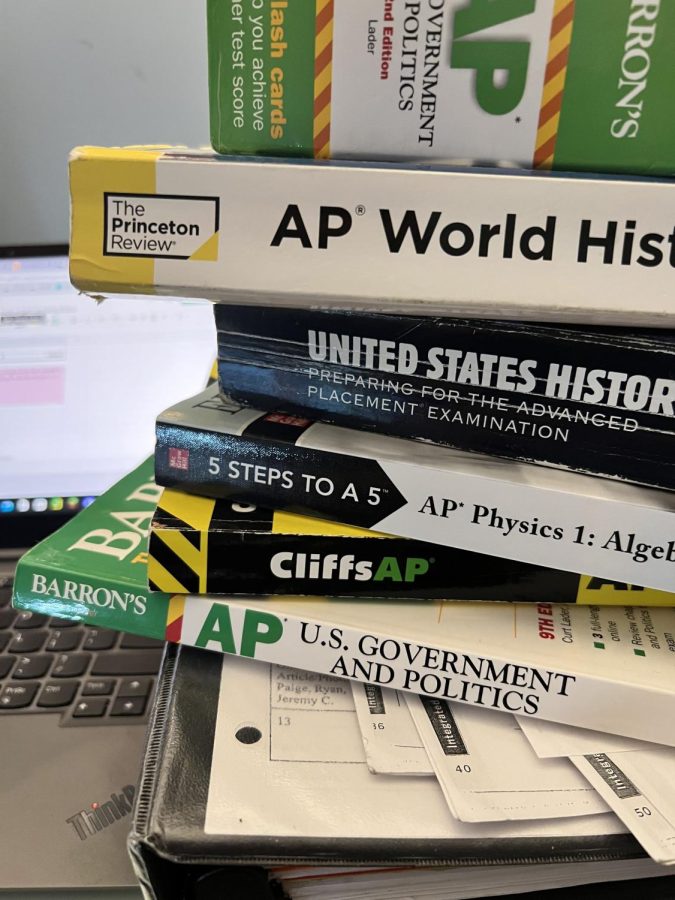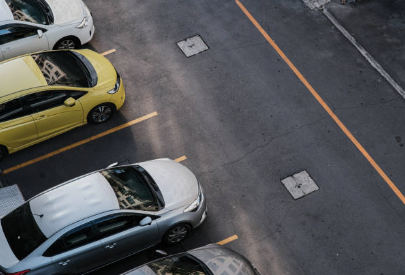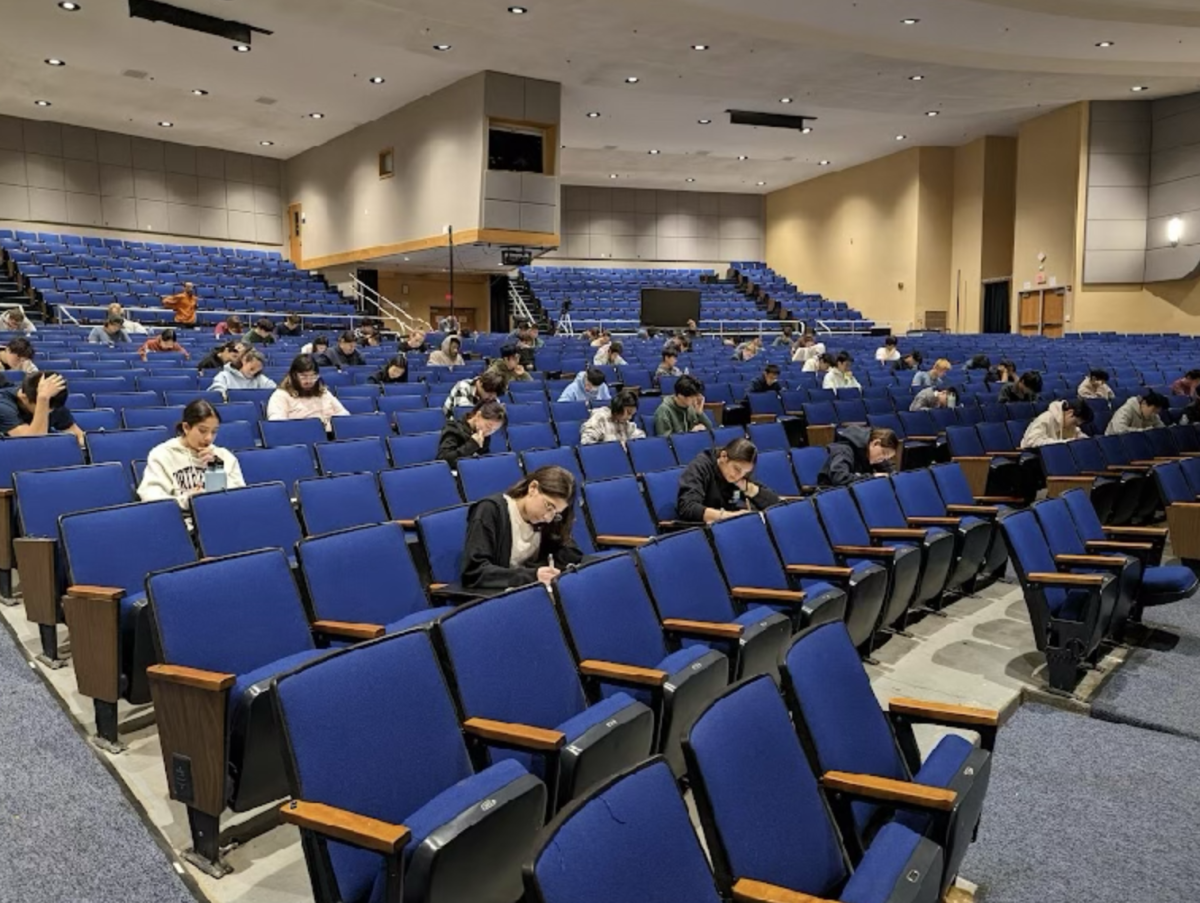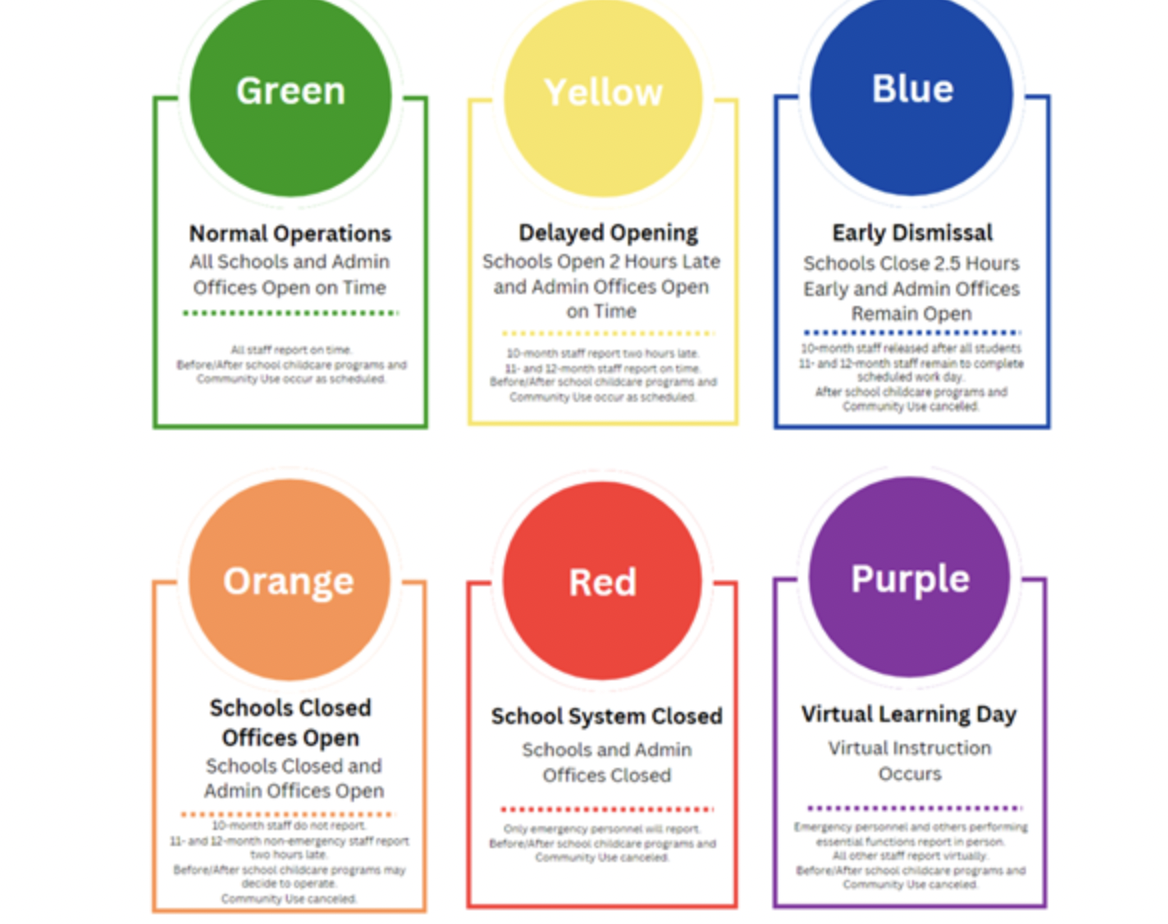The Nov. 28 WikiLeaks blast that exposed 250,000 diplomatic cables not only harms U.S. relationships with foreign powers like Iran and Russia, but also threatens our national security. Its many leaks include identifying overseas vaccine makers, undersea communications cables and mines that supply key metals, subsequently making such centers vulernable centers vulnerable to terrorist attack.
At first glance, one may think that WikiLeaks founder Julian Assange only wanted to give Americans the truth and clear up some of the mystery that surrounds any government. But, if he was trying to help out the American people, he would not have risked our foreign relations and safety.
The information released on WikiLeaks was not surprising. There wee no life-changing or government-defining secrets revealed. In fact, the public did not really need to know the majority of what WikiLeaks disclosed.
According to a Dec. 5 Fox News articles, Assange has said that if any government tries to arrest him, he will release a “poison pill” which will unlock new confidential documents that are expected to expose U.S. secrets relating to BP and Guantanamo Bay and that will futher detriment national security.
If Assange truly tried to bring justice to Americans and inform them with the truth about their government, he would have released everything at one time. His goal was not to expose American politics; it was to create chaos within the country.
Assange knew that once he released the cables, U.S. newspapers would jump at the chance to reveal hidden secrets of government officials. He hoped that people would in turn denounce these newspapers for sharing information that could threaten our national security.
He got his wish. Many are outraged that the New York Times report3ed the information shared on WikiLeaks. They argue that the New York Times had no right to print such confidential information and that there needs to be some sort of punishment.
Most are familiar with the First Amendment and know that the newspaper constitutionally violated no law. But now the question arises of what limits should be placed on the freedom of the press. Some argue that if the printed material threatens national security it should not have been allowed to print in the first place. The problem arises when trying to decide when one’s liberties need to be restricted in exchange for one’s protection.
The panic that the WikiLeaks article has triggered forces us to dance on the fine line between personal freedoms and personal safety. In this country, we should always be able to write or say whatever we please.
In this most recent case, we should not be willing to give up our rights. For those tempted to scream at the government and demand a crack-down on freedoms of the press, try to refeain. This is exactly what Assange wanted to happen. Assange has proved to care little about what we Americans know and do not know about our government, by withholding some information from us.
It is easy for some to say that newspapers and other forms of press should be restricted in the name of national security, but, as Senator Joe Lieberman said, “The New York Times committed an act of bad citizenship, not a crime.”
“We cannot chip away at the First Amendment just because we get caught up in the heat of the moment. It was arguable unethical for the Times to publish the WikiLeaks findings, but we will only be giving Assange what he wants if we expand government power over the press.






